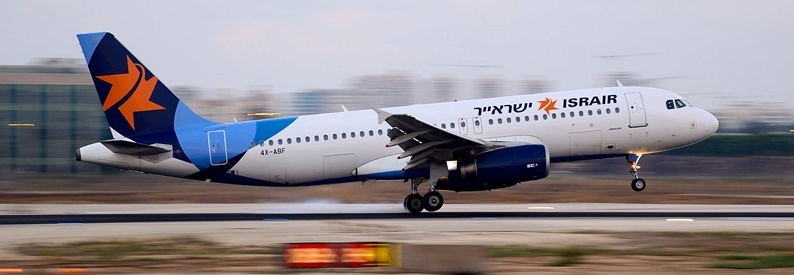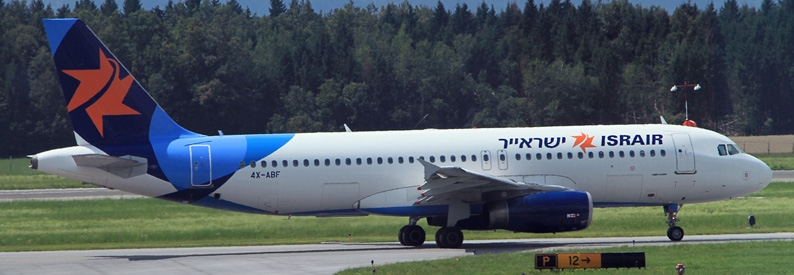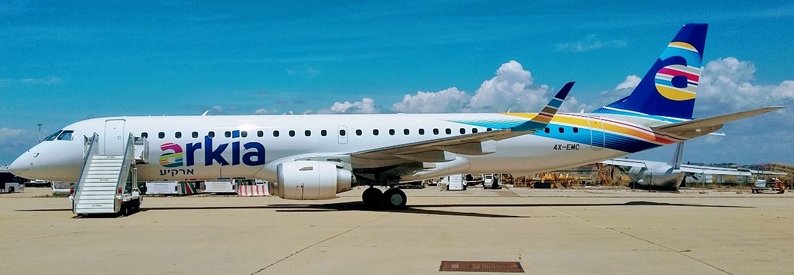Israir (6H, Tel Aviv Ben Gurion) expects that in 2021 it will have to cut its workforce by a further 15%, or about 60 employees, having already parted ways with 15% of its employees by the end of 2020, CEO Uri Sirkis has told the carrier’s employees in a letter.
Israir will likely stop flying on days of religious observance in Israel such as Shabbat under its new ownership, he claimed in the letter summarising the events of 2020, as seen by the newspapers TheMarker and Haaretz.
The company currently has around 400 employees. The country’s third coronavirus lockdown has forced it to put more workers on unpaid leave, so that as of the beginning of January 55% of the staff were on leave at least until May 2021.
“I’m aware of the difficulty in extending the period of unpaid leave, but I believe I need to be transparent in order to enable you and your families to prepare and make a living during this challenging period. I hope I’ll be wrong and we’ll need to bring workers back earlier than hoped,” Sirkis said.
Despite the severe slowdown in operations, the “painful” redundancies, and the travel restrictions at Tel Aviv Ben Gurion, the chief executive said he was optimistic there will be a substantial rise in capacity during Passover (this year falling between March 27 and April 4), thanks in part to the number of vaccinations now being carried out.
He was also feeling buoyant, he said, because of the finalisation of Israir’s ILS162 million shekel (USD50.5 million) sale to BGI Investments, the group led by supermarket tycoon Rami Levy.
He stressed the advantages and disadvantages of being acquired by a retail powerhouse - proven success in acquisitions, strong financial clout, tactical marketing, and a planned listing of Israir’s shares on the stock exchange, but also having to stop flying on Shabbat and Jewish holidays. Flying on such days have given Israir a competitive edge against El Al, Sirkis lamented.








